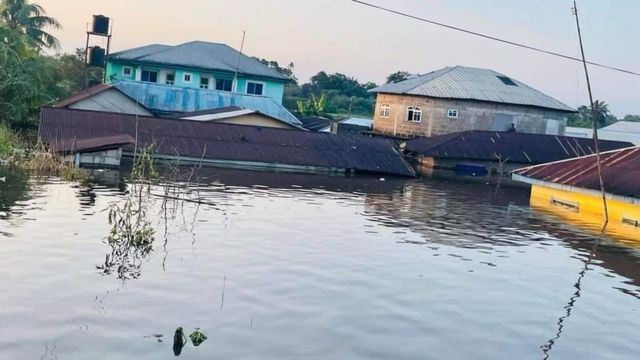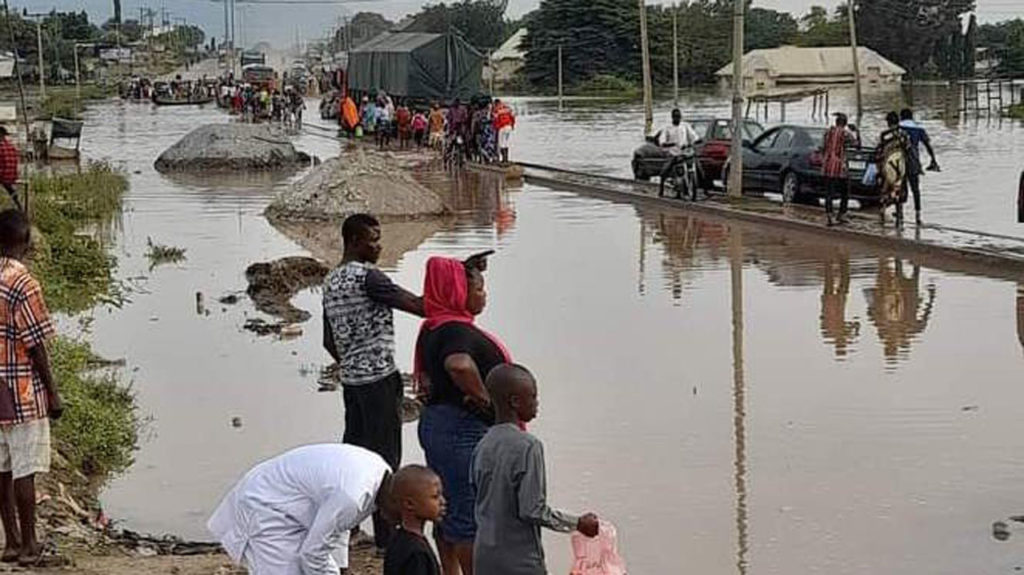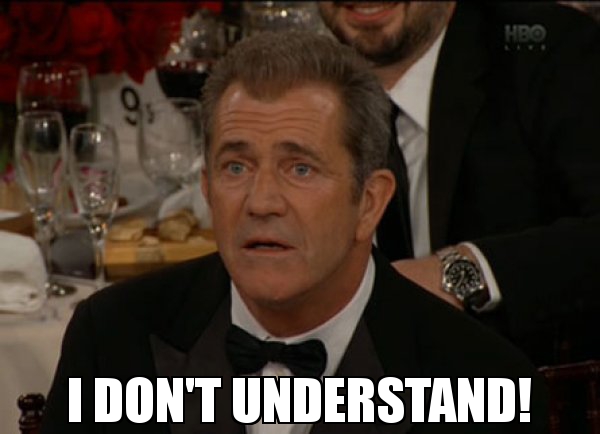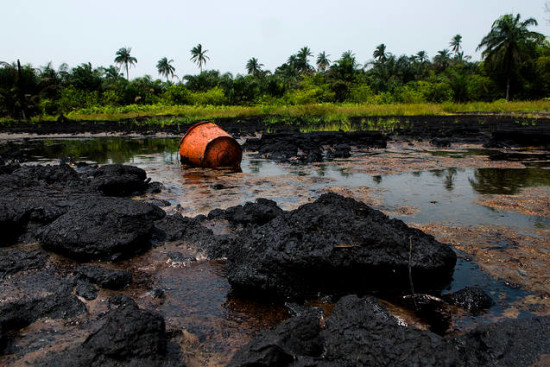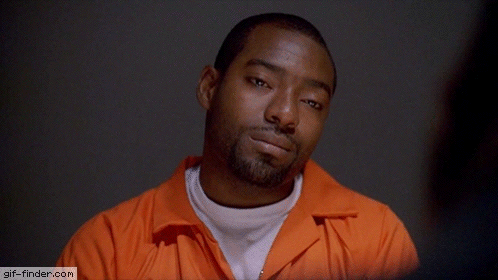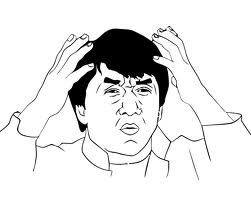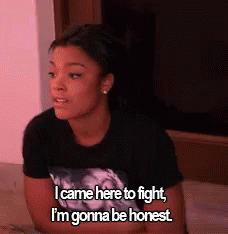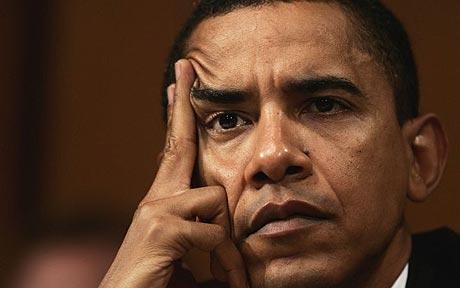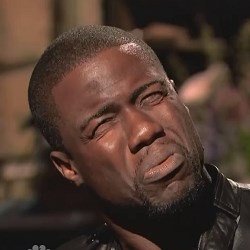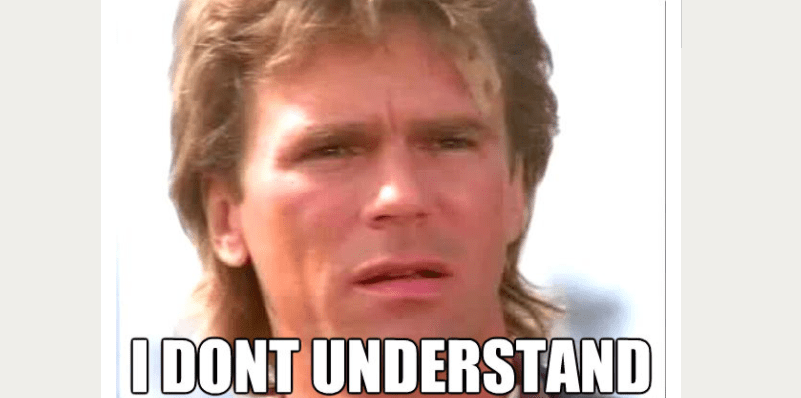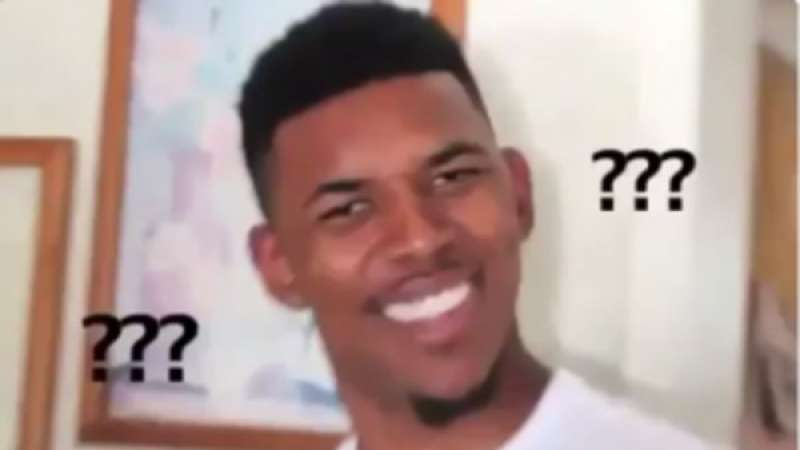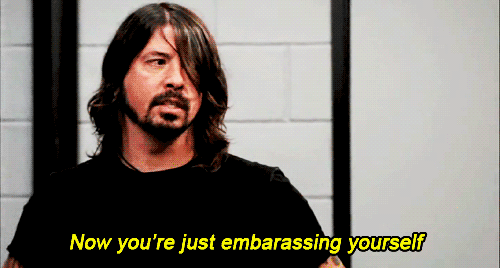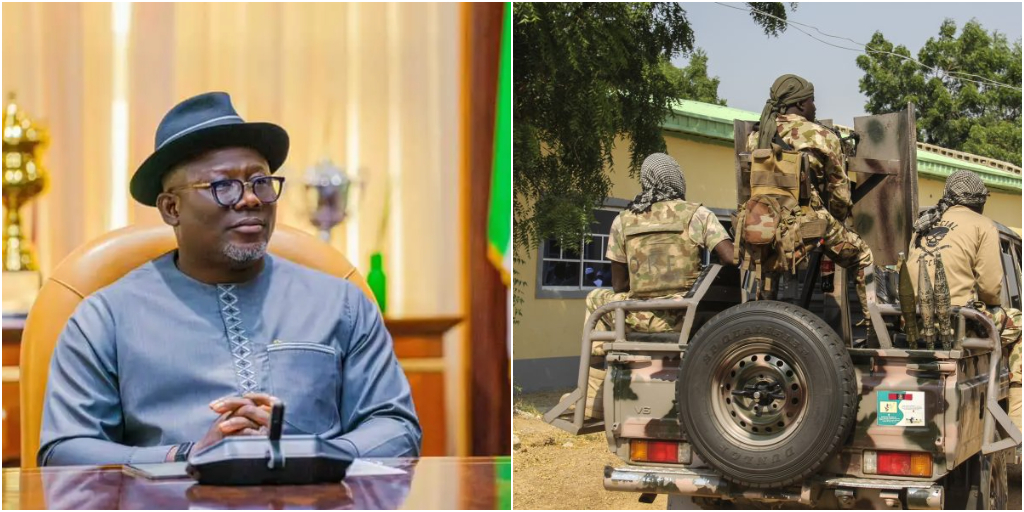
On Thursday, March 14, 2024, 16 Nigerian soldiers from the 181 Amphibious Battalion were killed while on a mission to halt clashes between two warring communities, Okuama and Okoloba, in Delta State.
An army spokesperson, Brigadier General Tukur Gusau, confirmed the incident in a statement to the press on Saturday, March 16, 2024, in Abuja:
“The reinforcement team led by the commanding officer was also attacked, leading to the death of the commanding officer, two majors, one captain and 12 soldiers.”
The Chief of Defence Staff, Christopher Musa, directed immediate investigation and arrest of those involved, adding that the matter had been escalated to the Delta state government.
“The military, however, remains focused and committed to its mandate of maintaining peace and security in the country. So far, a few arrests have been made while steps have been taken to unravel the motive behind the attack,’’ Gusau said.

Get your tickets here for a day of fun, networking and partayyyyy
President Tinubu and Governor Oborevwori condemned the killings
Speaking through a statement by his spokesperson, Festus Ahon, on Saturday, March 14, Delta State governor, Sheriff Oborevwori, confirmed and condemned the killings while noting that the government will swing into action to bring everyone involved to book.
President Bola Tinubu, in his own statement issued on Sunday, commiserated with the families of the military officers and noted his government’s commitment to ensuring peace in the country.
Tinubu said the Chief of Defence Staff and defence headquarters have his full backing to fish out those behind the killings.
“The Defence Headquarters and Chief of Defence Staff have been granted full authority to bring to justice anybody found to have been responsible for this unconscionable crime against the Nigerian people.”
Backlash on the Delta community
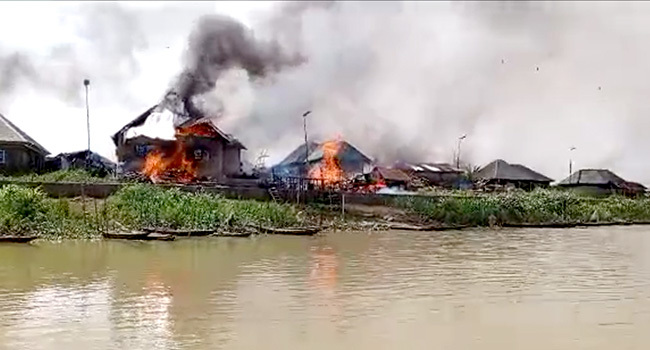
Photo source: Channels TV
The Okuama community was razed during the early hours of Sunday, March 17, three days after the soldiers were killed.
According to Channels Television, it’s not clear who razed the houses, but there are strong allegations that soldiers are behind it to retaliate against the death of their colleagues.
Residents have been forced to flee their homes to the neighbouring Ughelli community for fear of further reprisal attacks from soldiers. It’s also not clear if anyone died in the fires.
Public response?
As of the time of writing this report, the federal and state governments haven’t issued a statement on the burning of houses in Okuama.
However, Human Rights lawyer and Senior Advocate of Nigeria, Femi Falana, in a statement to the press on Sunday, March 14, called on the military to stop the attack on residents.
“In view of the tragic turn of events, I call on the military authorities to halt the destruction of the properties of innocent people in the warring communities. It ought to be pointed out that collective punishment is a serious offence under domestic and international law.”
Nigerians have had a flurry of mixed reactions on social media. Many condemned the alleged actions of the military officers, noting that innocent civilians should not come to harm’s way over the actions of the perpetrators.
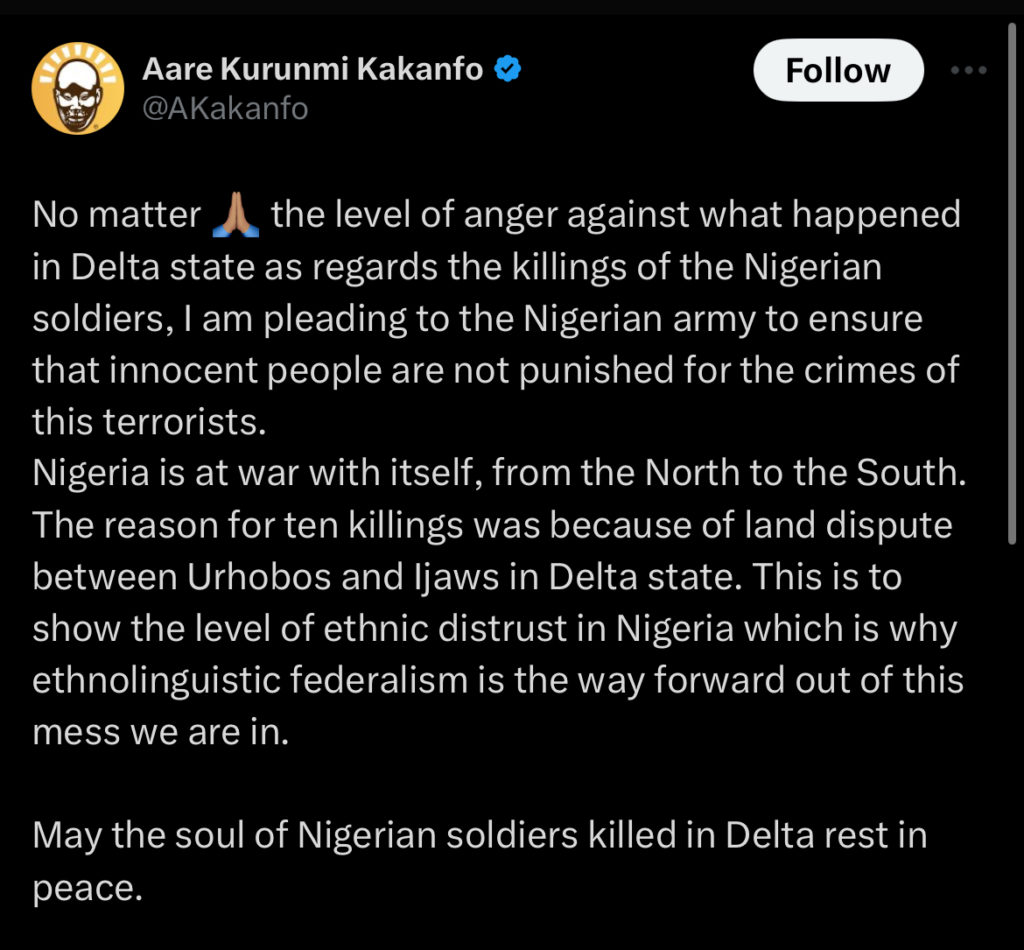
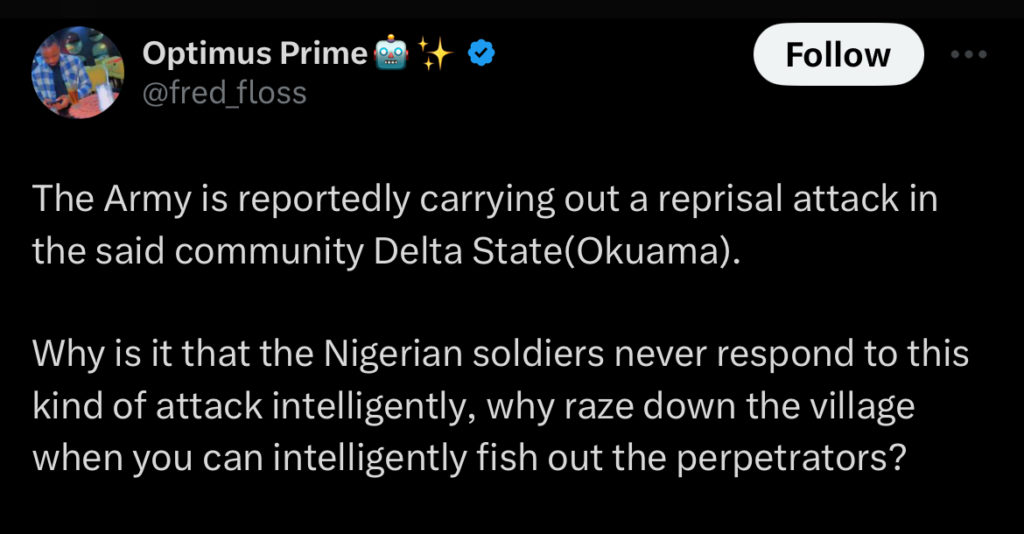
This is a developing story.




